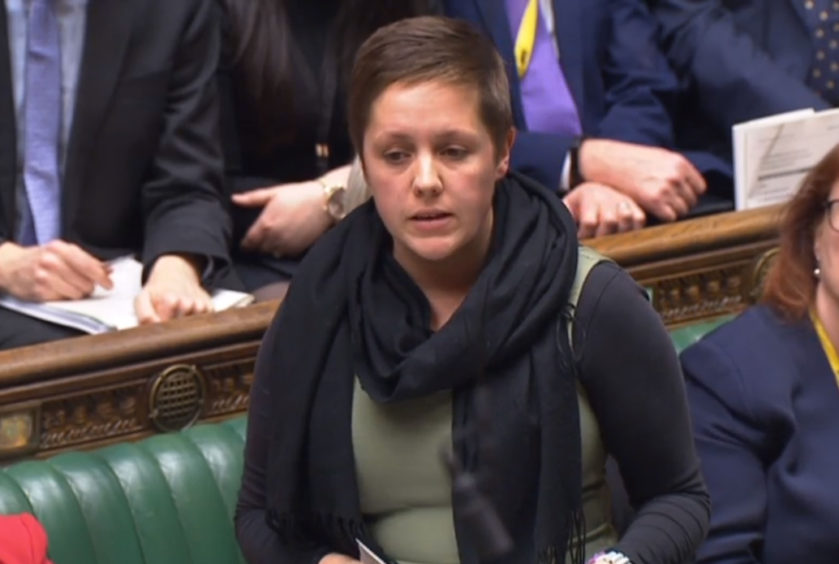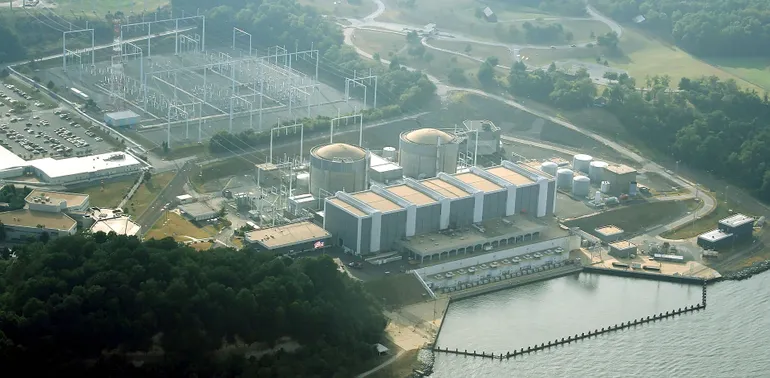Calls have been made for the UK government to provide transitional support for North Sea oil and gas workers by a north-east Scotland MP.
Leading a debate in Westminster, MP for Aberdeen north Kirsty Blackman urged the UK government to deliver a clear and credible plan to protect jobs and communities during the energy transition.
“As of 2021, direct employment in oil and gas in Aberdeen has declined by nearly one-third since 2015,” Blackman said, citing evidence from the UK’s seventh carbon budget.
“Household disposable income has fallen and poverty has increased… some estimates indicate that around 14,000 people in the region will need to have moved to other roles or sectors between 2022 and 2030.”
The fate of North Sea oil and gas workers, along with those in services reliant upon extraction, is a key challenge of the UK’s energy transition.
The Labour Party previously made banning future North Sea oil and gas licences a key part of its election campaign as it looks to move the country away from fossil fuels towards renewables.

Photo: PARBUL/PA Wire
Addressing the chamber, the SNP MP warned that political uncertainty and a lack of investment are threatening to derail the UK’s energy ambitions, with skilled workers increasingly looking overseas for opportunities.
“We are at a tipping point,” Blackman added. “The risk is that these highly mobile, highly paid oil and gas workers will go abroad. They can up sticks and move to another country, because drilling is the same there—even if the carbon cost is higher and conditions are worse.”
Support plan
Blackman previously gave her backing to Unite the Union’s ‘No Ban Without a Plan’ campaign to preserve oil worker jobs throughout the transition
The trade union launched the campaign to create 35,000 commensurate new energy transition jobs in Scotland by 2030 in May last year.
Blackman said: “If we don’t take control of the situation now, we will lose the skills we need to power the renewable future. Whatever rhetoric the government uses, the industry doesn’t believe they’ve got it right—and that needs to change.”
She also praised local initiatives in Aberdeen to prepare for the energy transition but warned that without UK-wide coordination and certainty, they may fall short.
“We have the right ingredients. But we need everyone to have confidence in the commitments being made. Right now, that confidence is missing,” Blackman added.
“My key ask is that the government listen to people and have a plan. One of the UK government’s founding missions is to grow the economy. We won’t be able to do that if we don’t take advantage of this situation—and the time is now.”
 © Jane Barlow/PA Wire
© Jane Barlow/PA WireBlackman also previously spoke out against plans to cut the number of roles to be based at the Department for Energy Security and Net Zero’s (DESNZ’s) second headquarters in Aberdeen by 2027 from 200 to 35.
The debate comes soon after a report which found 61% of north-east businesses have not seen headcount grow over the last three months, and 23% saw headcount decrease.
Since taking power, the Labour government has pushed through the long-awaited energy skills passport.
Early this year, the initiative finally launched, which aims to ensure oil and gas workers can carry their relevant skills into areas like offshore wind without having to retrain and vice versa.
However, Aberdeen and Grampian Chmaber of Commerce boss Russel Borthwick argued: “I’ve got a really simple response to the skills passport, the skills passport is a really good initiative, but if there’s no work, it doesn’t matter how many skills someone’s got or doesn’t have, they can’t put them to use.
“So stop talking about skills and start creating work! ”



















